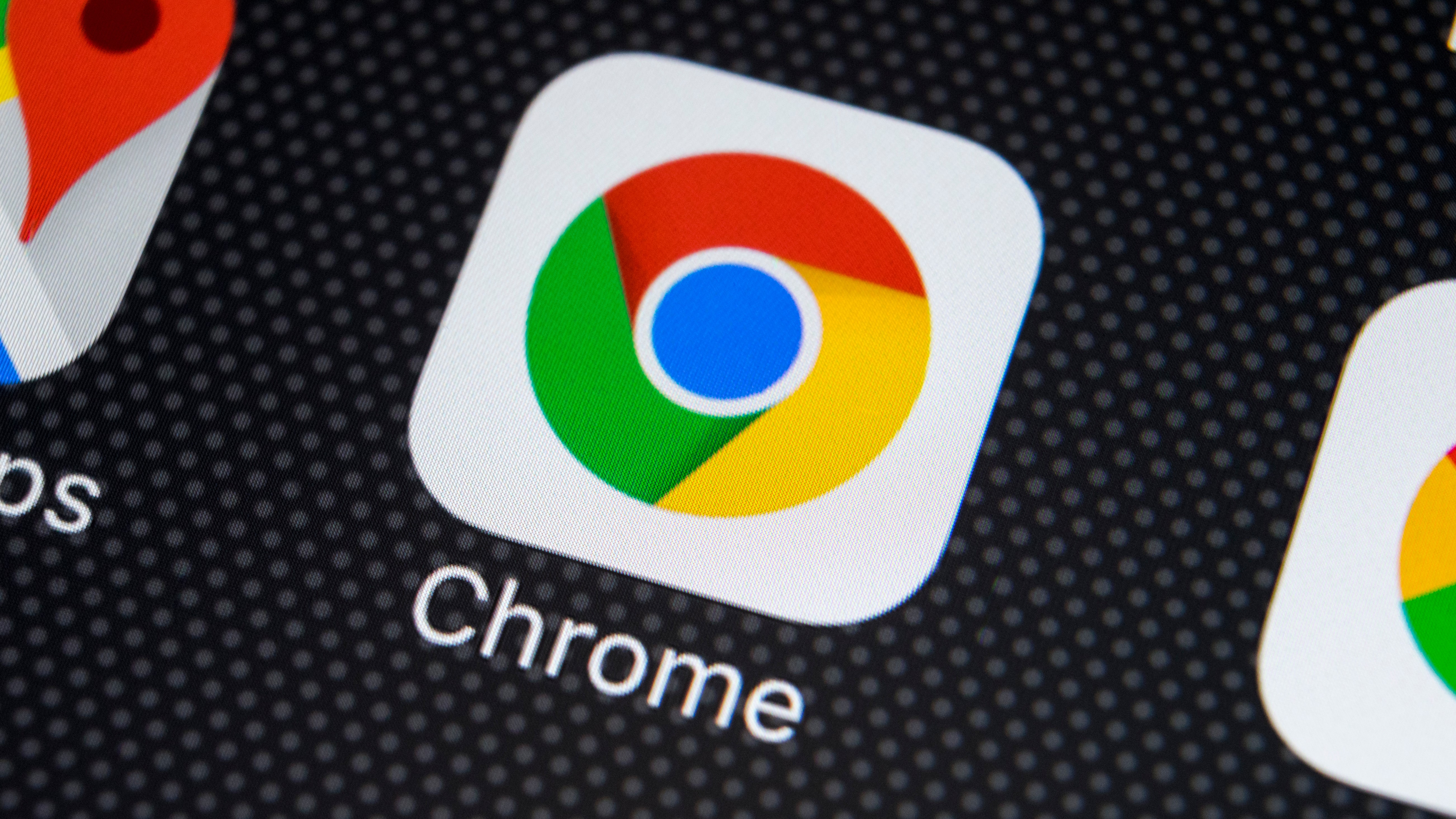Google's upcoming changes to Chrome will save your phone's battery
The changes will also reduce data usage

One of the most important features of any phone is how long the battery lasts, and it can be surprising what impacts upon longevity. Over the coming month, Google is going to test changes in the mobile version of Chrome that will not only help to improve battery life, but should also help to reduce data usage.
The changes come after the company has spent time improving Chrome users' online experiences by blocking ads that are considered harmful or annoying. Next in the company's crosshairs are ads that "consume a disproportionate share of device resources".
- Google is giving Chrome users a way out of tab overload hell
- Chrome dark mode: why you need it, and how to get it
- This new Microsoft Edge change might finally be a reason to ditch Chrome
As part of its audits of ads, Google says that it detected a small percentage that were secretly using network data and draining battery power. Citing examples such as cryptominers, the company says that these types of ads are badly programmed, and a lack of optimisation leads to a poor experience for users.
To help counter this, Google says it is going to place limits on the resources ads are allowed to use. Chrome will restrict how much battery life, how much CPU power, and how much network data any ads is able to make use of. Once this limit is reached, Chrome will simply unload the offending ad.
Blocking bad ads
Google is setting pretty strict limits on what resources ads are able to use – just 4MB of network data or 15 seconds of CPU usage in any 30 second period, or 60 seconds of total CPU usage. Google's analysis shows that a mere 0.3 percent of ads currently exceed these limits, the impact they have is pretty huge. This tiny percentage of ads accounts for 28 percent of all ad CPU usage and 27 percent of network data by ads. This is precisely why Google is so keen to take action.
The company says that it will start its experiments in blocking "heavy" ads over the next several months. The aim is to include the resource-saving feature in the stable version of Chrome that will be released towards the end of August, so before summer is out you may start to see an improvement in your phone's battery life and a decrease in data usage.
- Check out our full guide to the best browsers
Via Google
Get daily insight, inspiration and deals in your inbox
Sign up for breaking news, reviews, opinion, top tech deals, and more.

Sofia is a tech journalist who's been writing about software, hardware and the web for nearly 25 years – but still looks as youthful as ever! After years writing for magazines, her life moved online and remains fueled by technology, music and nature.
Having written for websites and magazines since 2000, producing a wide range of reviews, guides, tutorials, brochures, newsletters and more, she continues to write for diverse audiences, from computing newbies to advanced users and business clients. Always willing to try something new, she loves sharing new discoveries with others.
Sofia lives and breathes Windows, Android, iOS, macOS and just about anything with a power button, but her particular areas of interest include security, tweaking and privacy. Her other loves include walking, music, her two Malamutes and, of course, her wife and daughter.